Infertility is more common than you might think. Thankfully, those who want to start or grow a family have the option of a wide range of treatment options for Male and Female Infertility. A pregnancy can’t occur if anything in this process doesn’t happen.
After a year (12 months) of attempting to conceive, your healthcare professional may diagnose infertility if you are under 35. Having regular, unprotected intercourse is the definition of trying to get pregnant. After six months of regular, unprotected sex, your healthcare professional may diagnose infertility if you are 35 years of age or older.
What is infertility?
Infertility is a condition where you are unable to conceive after a year of trying. Endometriosis, uterine fibroids, and thyroid disorders can all be causes of infertility in women. So in this blog, we will discuss Infertility symptoms, causes, infertility treatment for female, and Male infertility treatment options. Low sperm count or low testosterone are two possible symptoms of male infertility. Also, in many cases, the complications of infertility rise with the age. However, there is a wide range of Infertility treatments for women, and men that can provide a couple that wishes to start a family with hope and happiness.
Causes of infertility
For ovulation and fertilization to take place as intended, every step must be completed successfully. The problems that prevent couples from getting pregnant sometimes exist at birth and other times they arise later in life. One or both parties may be impacted by the reasons for infertility. There are times when no cause can be clearly identified.
Causes of infertility in men might consist of
- Abnormality in sperm function or production
- difficulties with sperm delivery
- damage caused by cancer and its treatment etc.
Causes of infertility in women might consist of:
- Disorder in ovulation
- Abnormalities in the womb or cervical region
- Blockage or injury in the fallopian tube
- Endometriosis- Ovarian, uterine, and fallopian tube function may be impacted by endometriosis, which develops when endometrial tissue grows outside of the uterus.
- early menopause or primary ovarian insufficiency etc.
- Pelvic Inflammatory Disease (PID)- is an infection in a woman’s reproductive system. Typically, a sexually transmitted infection is the culprit.
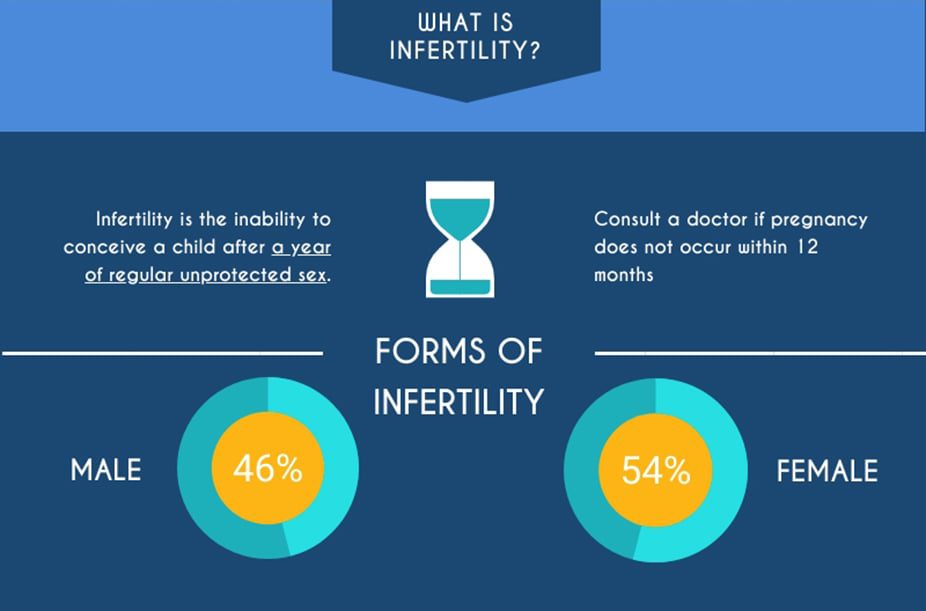
What is infertility
Symptoms of Infertility
Not being able to get pregnant is the main sign of infertility. There might not be any other evident signs. Women who are infertile can experience irregular or nonexistent menstrual cycles. Men who are infertile occasionally show symptoms of hormone imbalances, such as changes in hair growth or sex patterns.
When to see a doctor
Unless you have been routinely trying to conceive for at least a year, you probably don’t need to see your doctor about infertility. However, women should speak with a care provider sooner if they:
- Are at least 40 years old and have been trying to conceive for at least six months
- Those who are 35 or older with irregular or no periods
- Having really painful periods
- Have experienced numerous miscarriages and/or endometriosis or pelvic inflammatory disease
- Have undergone cancer treatment
Infertility treatment for female
There are numerous male infertility treatments and female infertility treatments available. Treatment options for infertility include medication, surgery, artificial insemination, and assisted reproductive technology. Sometimes, a few of these treatments are used in tandem, and for that, you must search for a well-known reputed fertility clinic near me.
There are generally three primary types of fertility treatment:
- Medications
- Various surgical procedures
- Intrauterine insemination (IUI) and in vitro fertilisation (IVF)
Male infertility treatment
-
 Medications or behavioral therapy: In some circumstances, doctors can assist with premature ejaculation or impotence.
Medications or behavioral therapy: In some circumstances, doctors can assist with premature ejaculation or impotence. - Fertility drugs for men: Things like testosterone supplements, clomiphene, and letrozole can all improve sperm quality.
- Surgery: Sometimes there may be insufficient sperm in semen due to a blockage in a man’s testicles. Surgery usually has the ability to solve this issue.
Male and Female infertility treatment
- Medicines: The release of an egg can be aided by the use of medications such as clomifene, tamoxifen, and metformin.
- Surgery: In order to facilitate the passage of eggs, fallopian tubes that are obstructed or damaged may be repaired surgically
- IUI – Intrauterine Insemination: During this procedure, healthy sperm are collected and then put into your uterus during your ovulation phase.
- IVF- In vitro fertilization: In this procedure, the doctor removes the eggs from your ovaries, which are subsequently fertilized in a lab by sperm and grow into embryos. The embryos are afterward implanted into your uterus by the physician.
- Treatment for PID infertility: Antibiotics are used as the initial treatment for PID. Generally, using only antibiotics can eradicate the infection. One may be prescribed two or more antibiotics.
- Acupuncture for fertility: Women are advised to begin fertility acupuncture three months before they begin their IVF procedures, and it is recommended that they visit a reputable fertility acupuncture clinic nearby.
Natural remedies for fertility ovulation
Remedies for male and female infertility
The greatest and easiest strategies to increase fertility naturally are changes to diet and lifestyle.
- Reduce alcohol and caffeine consumption: Both caffeine and alcohol have been found to directly correlate with infertility when consumed in excessive amounts. According to some research on caffeine consumption, a modest amount may not directly affect fertility. But it is advised to reduce your intake of alcohol and caffeine.
- Improve your diet with supplements: Multivitamin-taking women have a higher chance of not having any infertility problems at all. Supplements are the only place to get the micronutrients that are crucial for fertility wellness.
- Breakfast should be heartier: A full and healthy breakfast each day may be beneficial for women who experience reproductive problems. A substantial breakfast is also proven to lessen the negative effects PCOS-related hormones have on fertility.
- Keep a record of your nutritional intake: In addition to multivitamins and supplements, your body also requires natural nutrients. The rate of fertility in both men and women can be increased by antioxidants. Antioxidants are abundant in vegetables, fruits, grains, and nuts, which should be consumed regularly by both men and women.
- A healthy lifestyle: The secret to getting closer to parenting is to take care of your body and mind. You may unlock the doors to a viable ovary and realize your family goals with a few lifestyle adjustments, a healthy lifestyle, daily exercises, proper nutrition, and 7-8 hours of uninterrupted sleep each night.
Conclusion
Making healthy dietary and lifestyle adjustments can help increase fertility and get your body ready for motherhood. But sometimes the problems can’t be treated naturally and for that, you must consult with a reputed fertility doctor. You can easily search for a fertility doctor near you. Your doctor will assist in determining the best course of treatment. Because everyone deals with different kinds of infertility-related problems.
















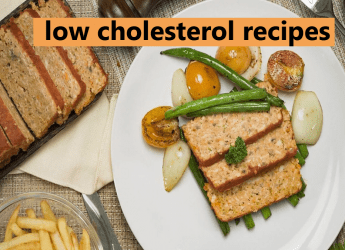


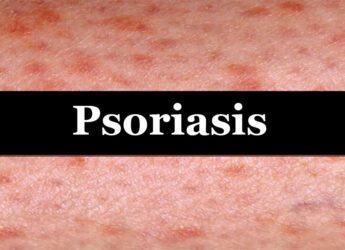





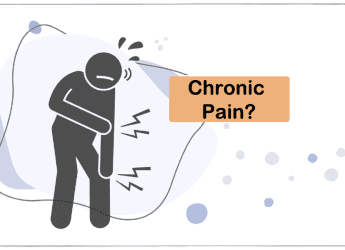

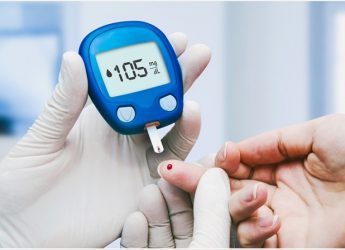

No Comments